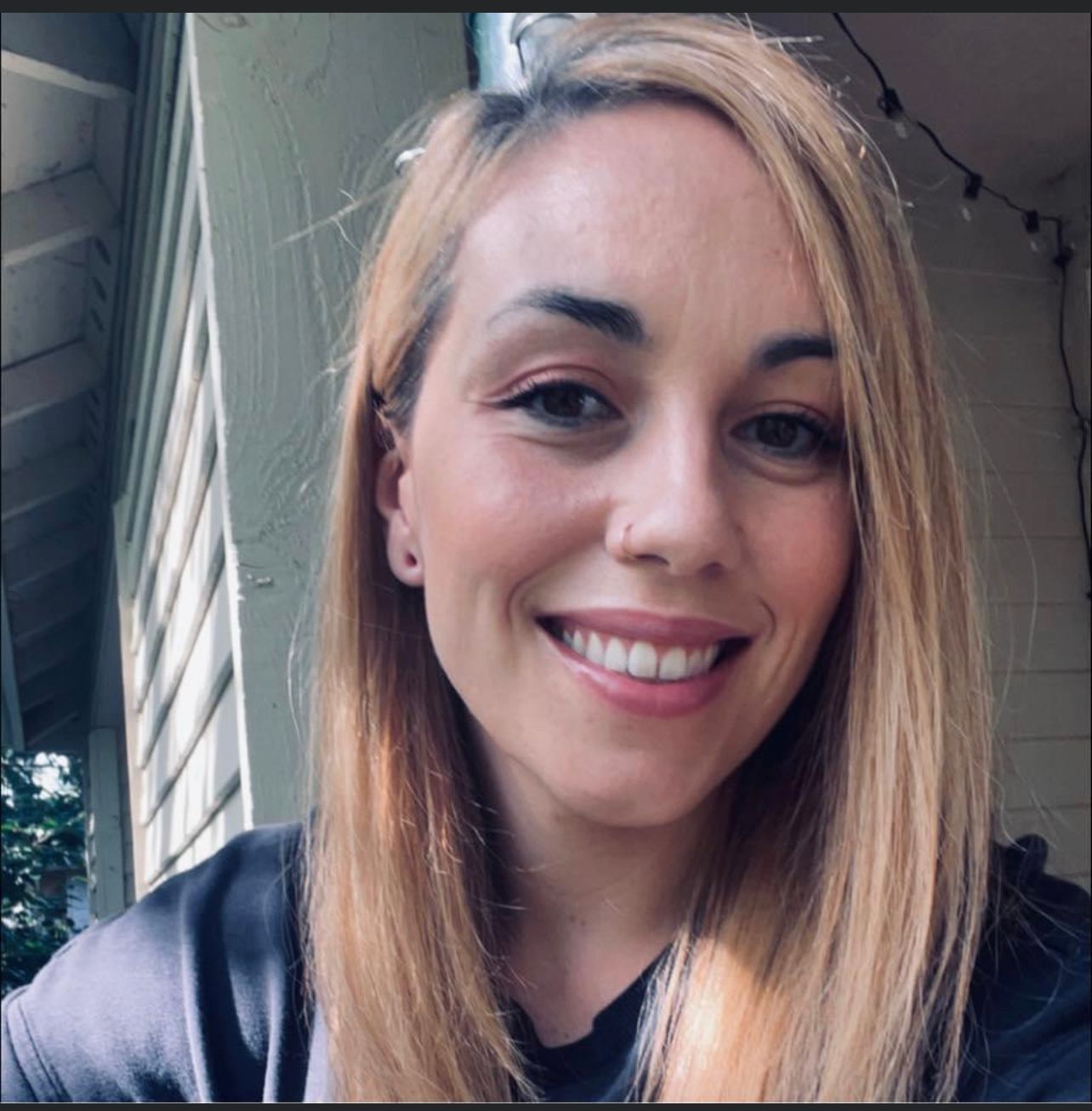Iraq (Washington Insider Magazine) -The recently elected Iraqi parliament is set to assemble for the first time nearly three months after the October polls, following an election season that was even by Iraq’s standards uncertain and chaotic.
The first parliamentary session is traditionally used to elect a speaker of the parliament and his two deputies. However, according to the Council of Representatives’ agenda, Sunday’s session would only include “nominations of the Speaker and two Deputies,” implying that the speaker will not be confirmed.
According to observers from Al Jazeera, this process will be anything but seamless: no political party has garnered enough backing to be able to impact Iraqi politics over the next four years on its own.
Meeting after meeting between the different parties trying to form a government that would promote their self interest, dominated Iraq’s political landscape in the months leading up to the first session of parliament, intermixed with constant background assertions of fraud and risks to boycott the entire election results.
Even though the continuing conflicts over the election results could hamper the future government formation for months, the dust settled after the Iraqi Federal Supreme Court approved the official outcome of the election in late December last year, with just a few revisions from the preliminary results.
Al-Sadr has been vehemently pushing for a majority government, which would effectively push the Fateh alliance and former Prime Minister Nouri al-Maliki to the opposing side.
After the early results were revealed, he used the slogan “neither Eastern nor Western,” which he repeated repeatedly in his political agenda, rhetorically rejecting foreign interference and trying to form a majority government. However, in the process of forming a government, it has yet to be put into tangible language.
In Iraq, a lengthy government formation process that finally separates the very constituents who voted is nothing new.
The ambiguity surrounding the speaker of parliament’s candidacy extends to two other positions: the president, which is reserved for Kurds, and the prime minister, who is Shia. Likewise, their different political parties have yet to achieve an accord.
